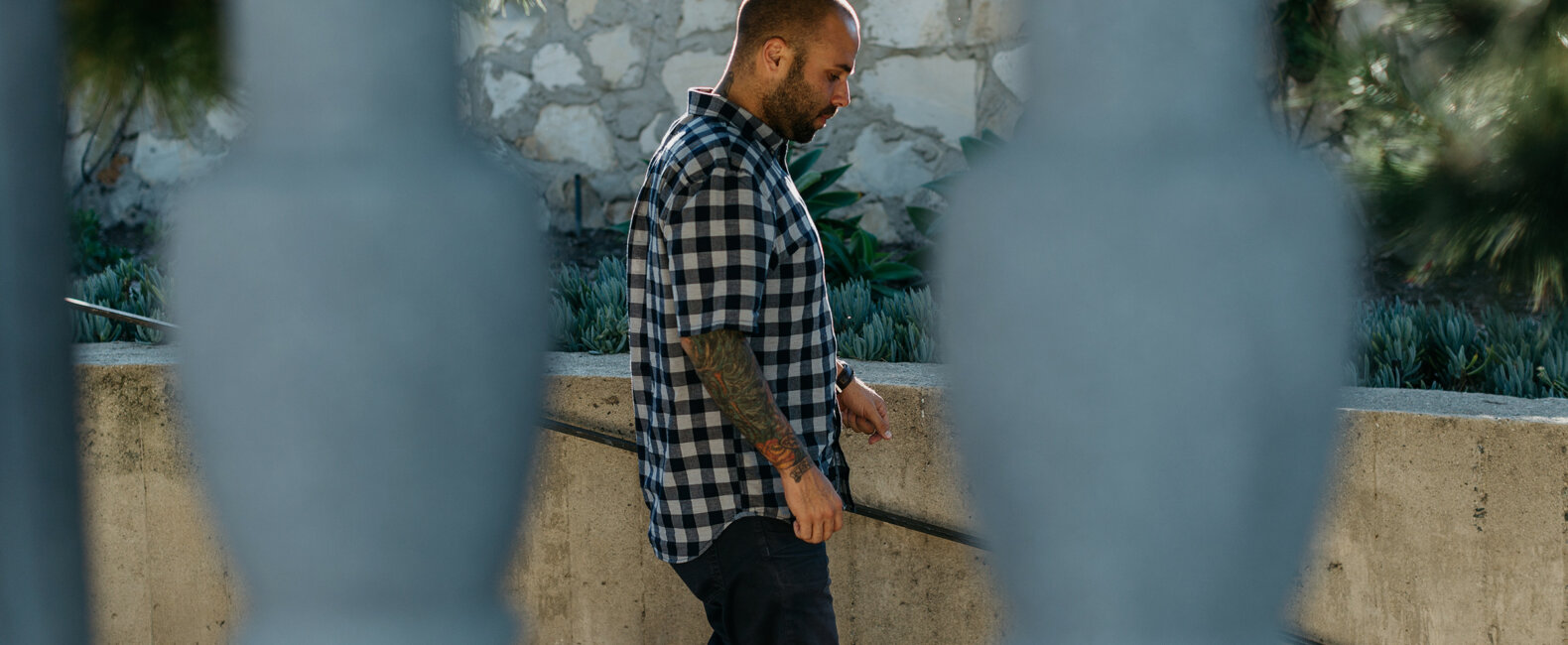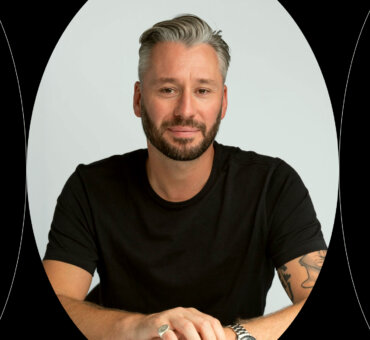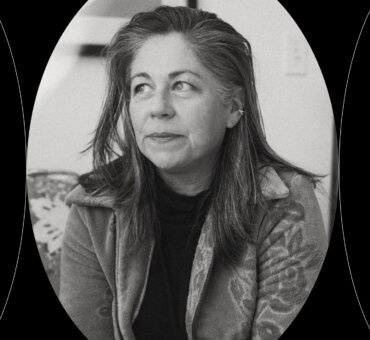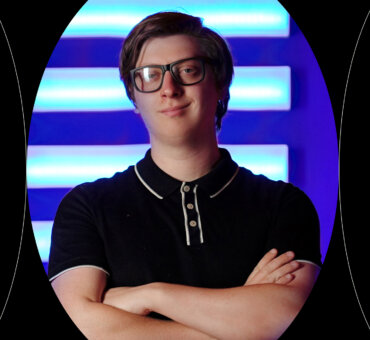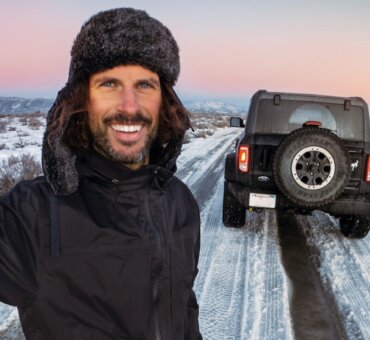We’ve spent years talking with some of the best filmmakers in the world, and there are a few questions we haven’t asked. What had these filmmakers been totally wrong about when they first started? And what was the very best thing they did for their careers? We thought these two questions could help calibrate the navigation system — give us all a sense of what we should be moving toward, and what we should be moving away from. So we sent out a bunch of emails. The responses we got back were wonderful and surprising. Some were personal (Eliot Rausch’s sobriety; Reinaldo Green meeting his wife). Some were professional (Joel Edward’s disillusionment with the industry; MINDCASTLE’s belief in director’s cuts). But they all had one thing in common: these lessons were learned painstakingly and firsthand.
So in the spirit of perspective, learn what some of your filmmaking peers have run into on their own road to success.
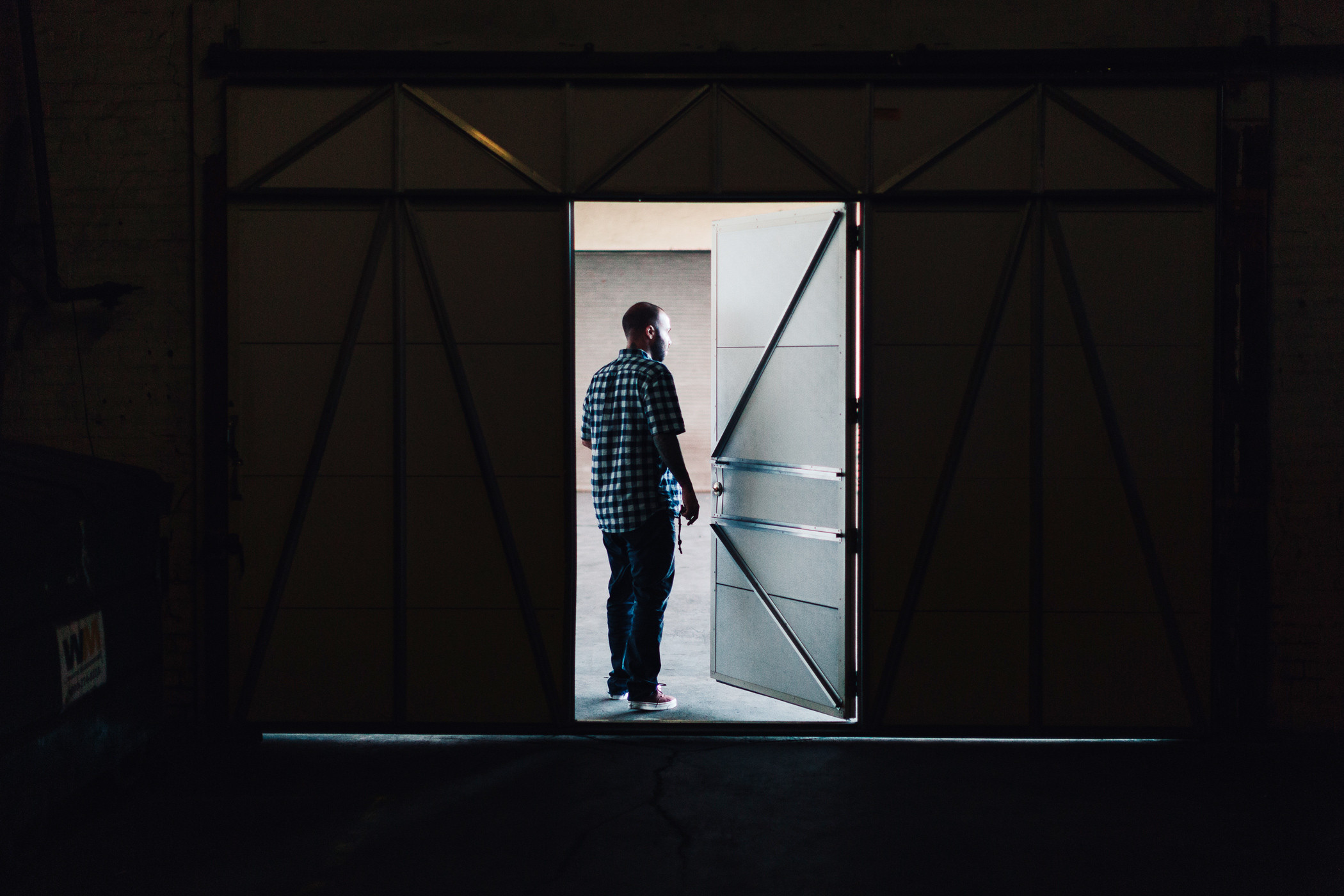
Eliot Rausch
What were you completely wrong about?
I believed my career and my output defined my value as a human being.
What is the best thing you’ve done for your career?
I would say stumbling into sobriety and finding a relationship with God.
Eliot is an award-winning director who has worked with dozens of major brands and created acclaimed short films. Read our latest interview with him here.
Elizabeth Lo
What were you completely wrong about?
I always harbored the thought that it would be easy to find a way to make films that spoke to me, and it would be easy to get people invested in the things I was truly excited about. But that has turned out to be a path that is as elusive as everyone said it would be, especially if your deepest preoccupations don’t seem to be the immediate preoccupations of others. But I’m hopeful still that when I do make films about the things I care about, people will find value in them too.
What is the best thing you’ve done for your career?
At one point, I would have said going to graduate school, learning deeply about film history and theory, and meeting amazing minds were the best things I did for my career. But now I’d just say it’s that I haven’t given up yet. By now, I have an inkling of an understanding that making films is going to be a long path filled with moments of inspiration and a lot of rejection. Having been at this for a while, I feel like I’m thick-skinned enough that I probably won’t stop. With every failure — real or perceived — I feel the desire to make something better or something different. I also feel grateful to have had the luxury of time and security to develop this sense of resiliency.
Elizabeth is a director whose films have been featured in Sundance Film Festival and Short of the Week. Read our interview with her here.
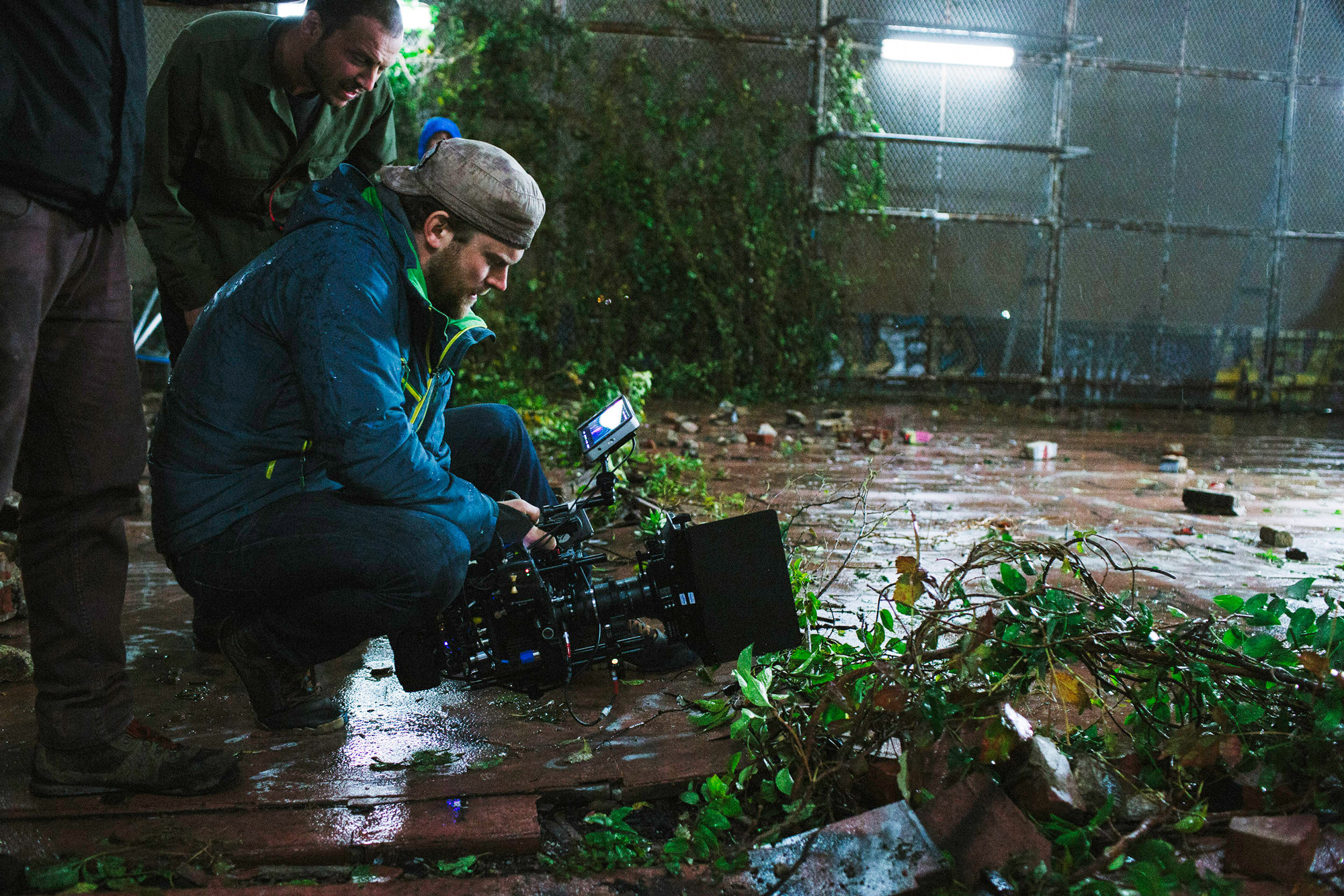
Ricky Staub
What were you completely wrong about?
I thought I needed to go to film school. I always felt behind the curve because I never went to film school. But soon I realized that the collective years I spent PAing, interning, and being on any set possible actually prepared me more effectively than film school had prepared my friends. School sets and real-world sets are worlds apart.
What is the best thing you’ve done for your career?
Share what I’ve learned. I share my time, my knowledge, and my talent wherever possible. I think selfishness is a disease in this industry. Why would I hold back what I’ve learned from someone else who is talented? The only reason to do that is because you’re afraid they’ll become better than you. That is corrosive behavior and it permeates this industry at toxic levels. If someone can get better with your help, then we should be loving each other that way.
Ricky is the founder of the production company Neighborhood Film Co. Their Staff-Picked film The Cage was the first entry into Filmsupply Presents. Watch it here.
Matthew Porterfield
What were you completely wrong about?
I thought I had to do everything myself. But with each new film, I’ve learned more fully the value of collaboration. I’ve learned there are very creative people out there who can do things a lot better than I can. Now, I think directing is as much about letting go and letting others, as it is about maintaining control and persistence of vision.
What is the best thing you’ve done for your career?
Moving back to Baltimore from New York was the best thing I’ve done for my career. I don’t think I ever would have made my first film in that city. Too many distractions, too many other great films to see! I won’t say my career started then, but my creative life did.
Matthew is a director/writer whose films have premiered at SXSW, Sundance Film Festival, and more. Read out interview with him here.
Jim Cummings
What were you completely wrong about?
That the movies had to be perfect.
What is the best thing you’ve done for your career?
Seeing Krisha and realizing it’s possible to make movies with your best friends in a backyard.
Jim is a director whose short film Thunder Road won the Sundance Short Film Grand Jury Prize (and got a shoutout from Bruce Springsteen). Read our

Joel Edwards (Evolve)
What were you completely wrong about?
I used to blindly think everyone in this industry had a passion and appreciation for what they do. I flipped houses and worked on a sod farm; so to this very day, I have a giggly childlike infatuation with the fact that I get to make creative visual stuff for a living. It’s ridiculous. In the context of humanity, it’s one of the rarest, most wonderful and fulfilling opportunities anyone could ever have. Now that I’ve gotten my feet wet, I run into countless unappreciative, jaded, miserable people — people with amazing positions and influence and resources. It’s really sad. I know loads of talented, passionate artists who are just waiting for a seat at the table. So if you’re reading this and you’re one of those people who doesn’t love what you’re doing, please get out and find something life-giving for yourself — and make space for someone who’s going to thrive.
What is the best thing you’ve done for your career?
I’d say the best thing I’ve done is put my ego aside and start trusting other people. I know I’m talented. I have no qualms about leaning into that. My confidence is a positive strength and has built a great foundation. But as a whole, the best successes I’ve had all came about when I truly embraced and trusted others. There was an immediate shift in our work, our business, and our potential the moment I came to terms with that and got my soul in a place to truly trust others.
Joel is the president of Evolve, an Emmy-winning production company who has worked with National Geographic, Disney, and dozens more. Read our interview with Evolve here.
Damani Baker
What were you completely wrong about?
When I first started, I think I was completely wrong about the idea that you need others to validate you, your work, or your imagination.
What is the best thing you’ve done for your career?
The best thing I’ve done for my career is to constantly imagine that I don’t actually have one.
Damani is a documentary director whose acclaimed film The House on Coco Road is currently streaming on Netflix. Read our interview with him here.
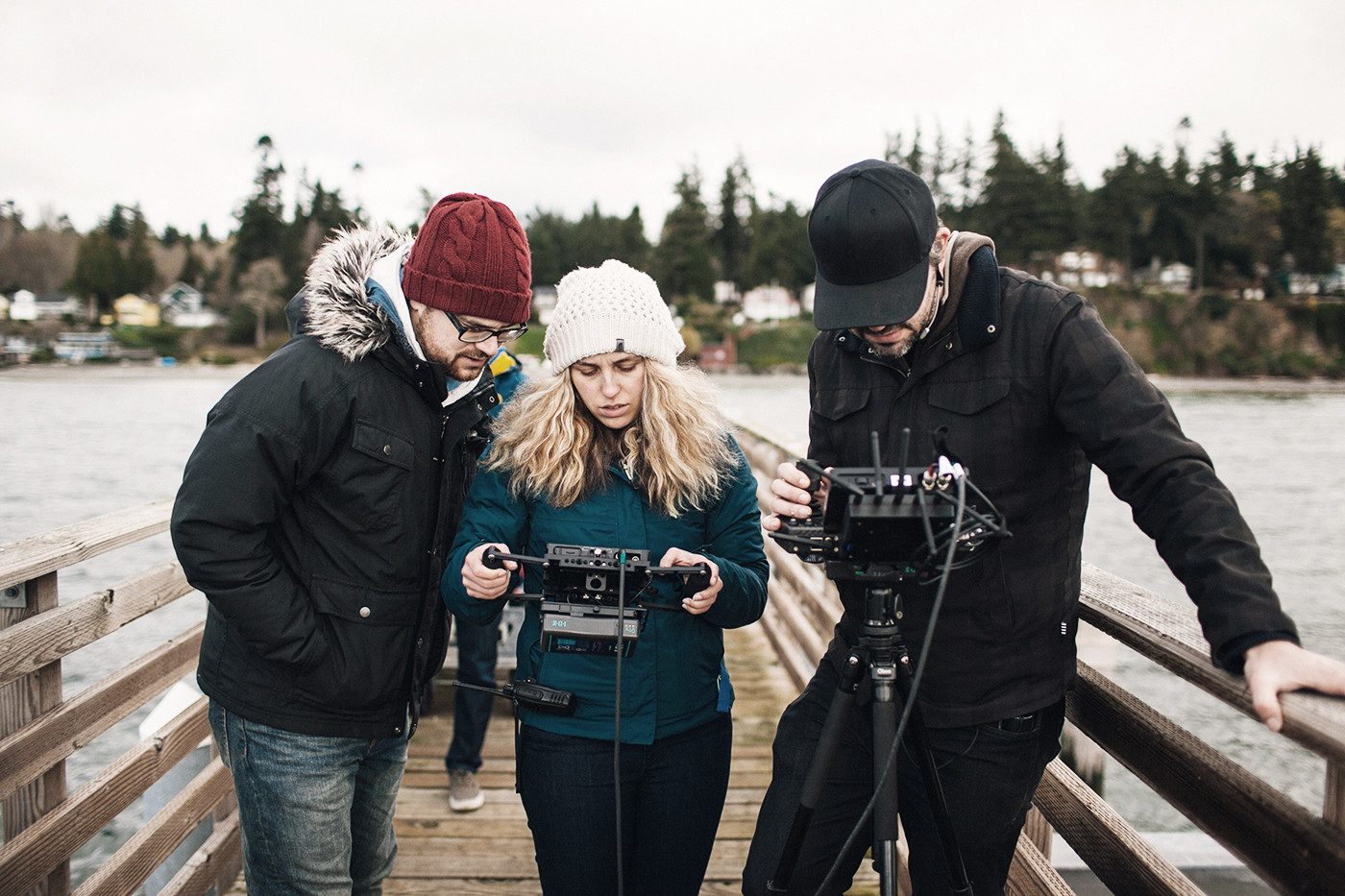
Mindcastle (Casey Warren + Danielle Krieger)
What were you completely wrong about?
When we first started, we had no idea that, in the commercial film industry, the production company has a roster of directors with agents and reps who will bring jobs to various directors to bid on. We thought you had to mom-n-pop it: start out as a production company; build a team; have an office, a credit line, a gear warehouse, etc. In reality, all you need is a pen, paper, and ideas.
What is the best thing you’ve done for your career?
The best thing we’ve ever done for our career was invest our own time, money, and effort into turning the projects we believed in into the versions we imagined in our heads. (i.e., making director’s cuts.) In many cases, the client’s end goals can be drastically different than how you originally imagined the project. But if you really believe in what you’re making, spend extra time to make an edit of your reel that represents what you originally intended the project to be.
Casey and Danielle are an Emmy-winning commercial directing duo who have worked with ESPN, Canon, and many more. Read our interview with them here.
Reinaldo Green
What were you completely wrong about?
I totally underestimated how much debt I’d get into while attending film school, and the insane costs I would accrue in just three short years. I don’t want to disclose the amount so I don’t discourage others who are thinking about film school. But let’s just say Sallie Mae and I have A LOT of catching up to do. I knew it would be expensive, but I didn’t account for the cost of living in NYC, paying for my own films out of pocket, and all the ancillary costs associated with leaving my job and becoming a filmmaker at the same time.
What is the best thing you’ve done for your career?
In that same vein, film school was definitely the best thing I did for my career. Film school taught me a lot of things. It gave me space to explore. I got to learn and practice the craft of making films. I got to make a lot of mistakes and not get laughed at. There’s an art to being rejected and then overcoming it. Getting better with every film. Learning how to filter feedback. Learning how to find my voice. During film school, I met my wife, we had our son, and there’s no price tag on living life at your own pace. The money will come. Because my name is Rei, I always thought that line in Field of Dreams was speaking directly to me: “Ray, if you build it, they will come.” I’m currently building it, praying they will come.
Reinaldo is an acclaimed director who was named as one of Filmmaker Magazine’s 25 Faces of Independent Film. Read our interview with him here.
All of this brings up a good question: What do we do with this information? Our best teachers, mentors, and friends can offer us some guidance, some information, and a new perspective — stuff to think about. However, in the end it’s up to us what we learn from it. We’re all autodidacts here. For wisdom or knowledge to affect our lives, we have to make it our own. Let these bits of wisdom be a marker along your own path, or, if anything, a reminder that you’re not the only filmmaker who’s been trying to figure it out.















































































